Publisher
Crown House
ISBN 10
1785837141
Published
10 Mar 2024
The future is here, and it’s pretty frustrating if I’m honest. We have the ability to speak in real time to people on the other side of the planet, yet I have to use my Teacher Voice with Alexa to get her to do anything beyond setting a ten-minute timer. As a child, I was promised hoverboards dammit, not greasy teens on electric scooters cutting me up on the pavement.
So to AI, and by AI we mean of course either Midjourney for images or ChatGPT for text. With a nonchalant ambivalence as to whether it would be good or bad, I predicted just fifteen months ago in these pages that it would make a significant and rapid difference to our jobs.
And here we are. Not only is AI living and breathing in the hallowed halls of our classrooms, but it’s earned its own edu-book of practical tips. Plenty of mighty tomes on its potential, its limitations and its complicated ethics have preceded it and been roundly ignored. AI in the primary classroom, I suspect, will not be. That alone worries me.
As a creative person, much as it irks me hugely, I still use AI sometimes for ideas, if I have 12 and need three more.
And that’s in part the beauty. To have ChatGPT output something creative, you genuinely have to be creative with your input. It is learning and responsive, so you can’t just rush in and give one command, hoping it will understand your every nuance; you need to refine and chat with it, giving it feedback to improve what you are asking it to do. A bit like you might with a student, just with less green pen.
My biggest concern about the book is its lack of transparency
The real art of AI then isn’t what it can do so much as how you get it to do what you want it to. Which is where this book both shines and falls down.
If I wanted to get ChatGPT to write this book, this would be my start:
Prompt: You are a teacher. Write down 100 different prompts which teachers might use in class, and have an example of your output for each of them.
In summary, this is what this book is. At first I was frustrated; I was hoping for so much more: depth, nuance, ideas for how to build up content of a quality good enough to be used quickly and effectively, and simple tips like telling it in your prompt that you are a teacher in England using the national curriculum (which alone drastically changes the content you’ll get).
But then I thought more about perhaps who this book is for. This is, in all honesty, not a book for me – an inveterate tinker merchant. Instead, this book is to help teachers and TAs see just the widest range of what is possible, and give those who need a jumpstart on writing prompts.
You see, ChatGPT is as dumb as your Alexa, just with a better back catalogue and hopefully less stalky. Garbage in, garbage out. If you write poor prompts, you will get poor content. This book will show you prompts that work, which is where the real gold lies.
My biggest concern about the book is its lack of transparency. I’m a big fan of the blood, sweat and tears of a task, the origin story, the effort behind the final piece. The prompts and resulting tasks have of course been edited into a book, but there’s nothing to show the journey of each prompt, the refinement which occurred, the changes made.
“Who cares?” some will cry, “We want to eat the meal, not see how it’s made.” But if we are learning the tool, we are the chefs, not the consumers. That being the case, we surely want more teachers to be genuinely proficient in using AI tools, and that means understanding prompt evolution – the journey.
I guess you have to start somewhere, but starting here seems like a dangerous shortcut.
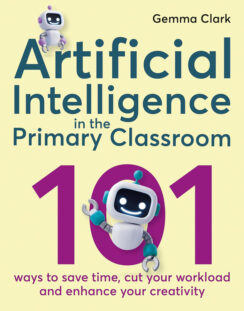
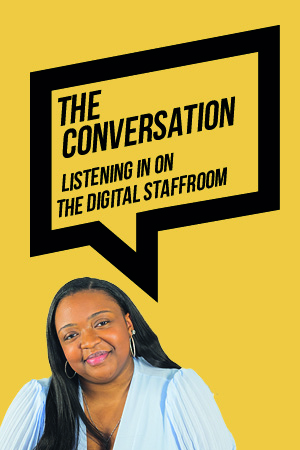
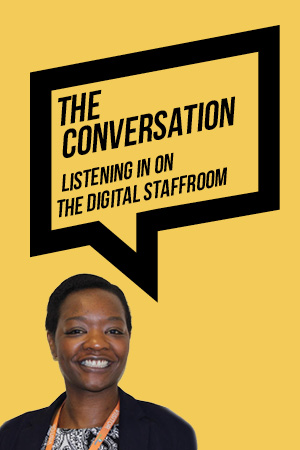
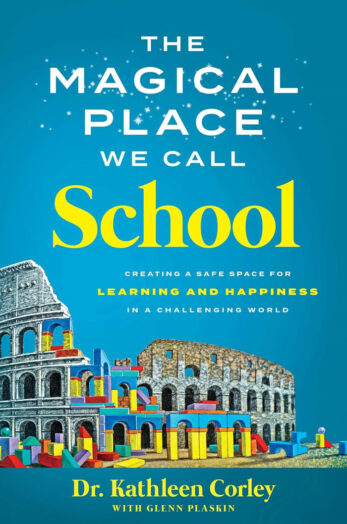
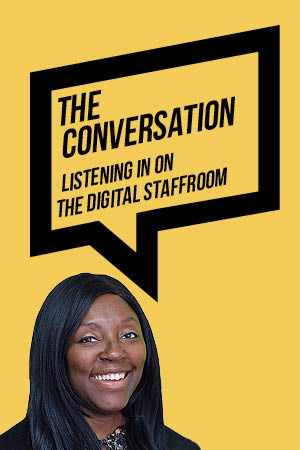

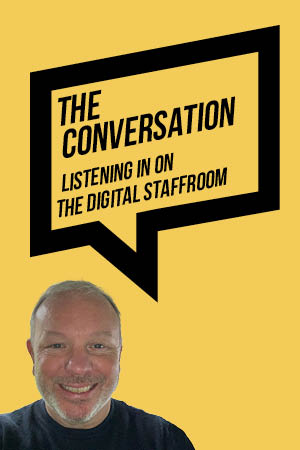

Your thoughts